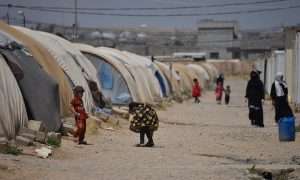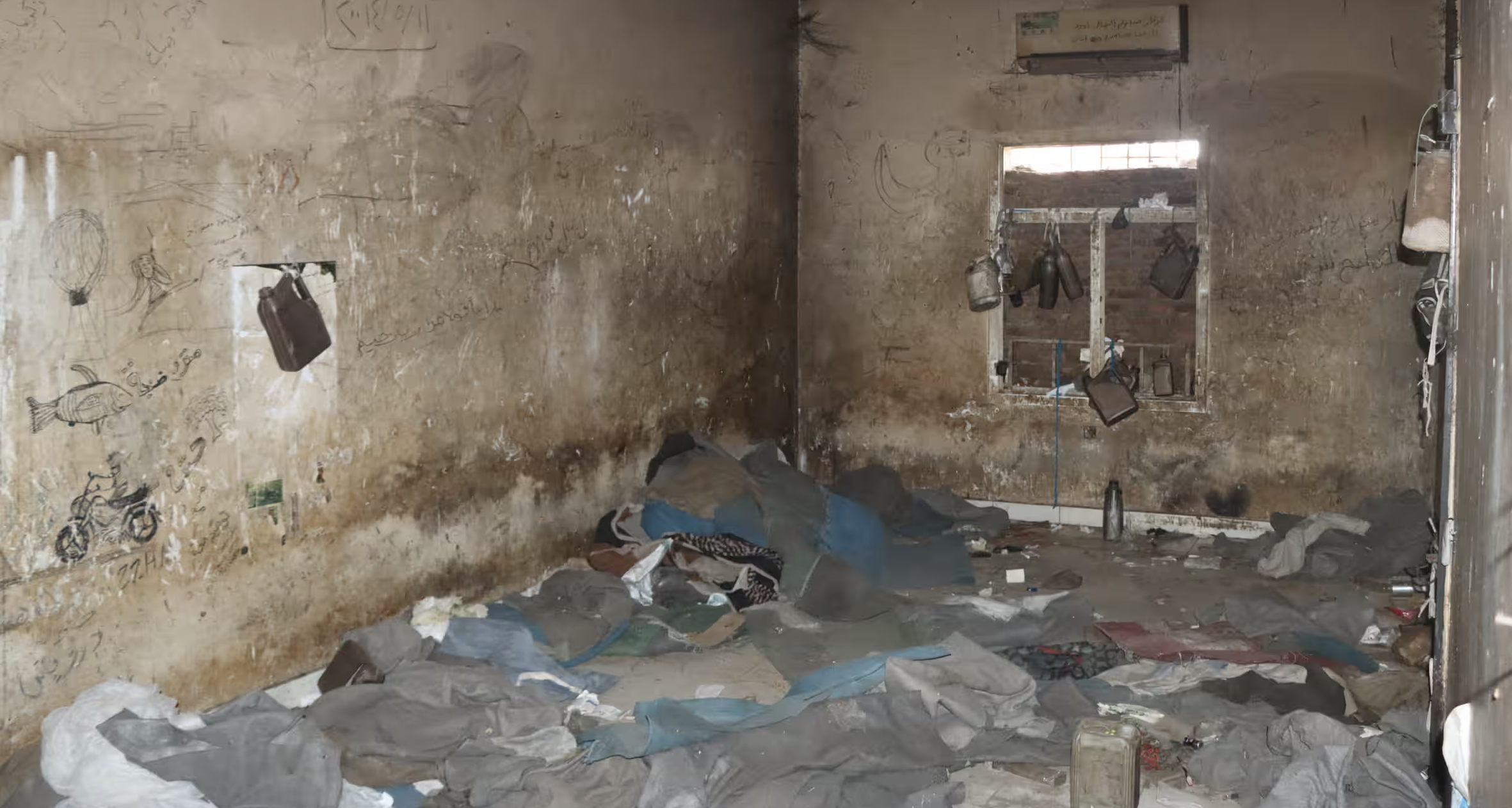EU refuses to publish findings of Tunisia inquiry

The European Commission is refusing to publish the findings of an inquiry into human rights in Tunisia, according to The Guardian on October 23rd. The inquiry was conducted a short period before the EU signed a migration deal with the north African country.
An investigation by the EU ombudsman found that the commission carried out a “risk management exercise” into Tunisia’s human rights situation but the results will not be disclosed.
Brussels has repeatedly stated that there wasn’t a need for an assessment of the controversial migration deal that has been linked to allegations of abuse.
READ: Turkey and Egypt aim to soften Libya tensions with rapprochement
“The ombudsman found that, despite repeated claims by the commission that there was no need for a prior HRIA [human rights impact assessment], it had in fact completed a risk management exercise for Tunisia before the [deal] was signed,” the watchdog said in a report published on October 23rd.
Last month, the ICC had evidence of widespread abuse of sub-Saharan migrants by Tunisian authorities handed to it. Since then Tunisia’s President Kais Saied, who has made comments against immigration, has been re-elected.
The ombudsman, Emily O’Reilly, admonished the European Commission in her report for withholding information about human rights abuses before announcing the deal, arguing it should have been “more transparent”.
She added that it would have been “preferable” to carry out an explicit human rights impact assessment because they were normally made public.
O’Reilly also questioned what processes were in place to suspend or review funding when violations of human rights were linked to EU funding. She urged “concrete criteria” to be agreed for when there would be a suspension if EU funding to projects in Tunisia due to violations of human rights.
She also wants organisations monitoring human rights in Tunisia to create complaint mechanisms which would allow individuals to report alleged violations connected to projects funded by the EU.
In response to the watchdog, the commission said its “risk management exercise” into human rights abuses in Tunisia was conducted with all partner countries that might receive support from the EU budget.
It added that the exercise took into account criteria including “human rights, democracy, the rule of law, security and conflict in the relevant partner country,” similar to those in a normal HRIA.
READ: Ayachi Zammel: Tunisian politician faces 30 years in prison
“The commission has, however, not proactively shared this information, including in its reply to the ombudsman’s strategic initiative on this matter,” stated the report.
A spokesperson for the commission said: “The EU is a strong promoter and strongly advocates for the respect of human rights across the world, including in Tunisia. The commission takes note of the decision and suggestions for improvement of the European ombudsman and reiterates its full commitment to transparency and accountability.”
They added that its approach towards a “human-rights based approach to migration management” was in-keeping with the obligations it has under international law.
The Guardian
Want to chase the pulse of North Africa?
Subscribe to receive our FREE weekly PDF magazine












